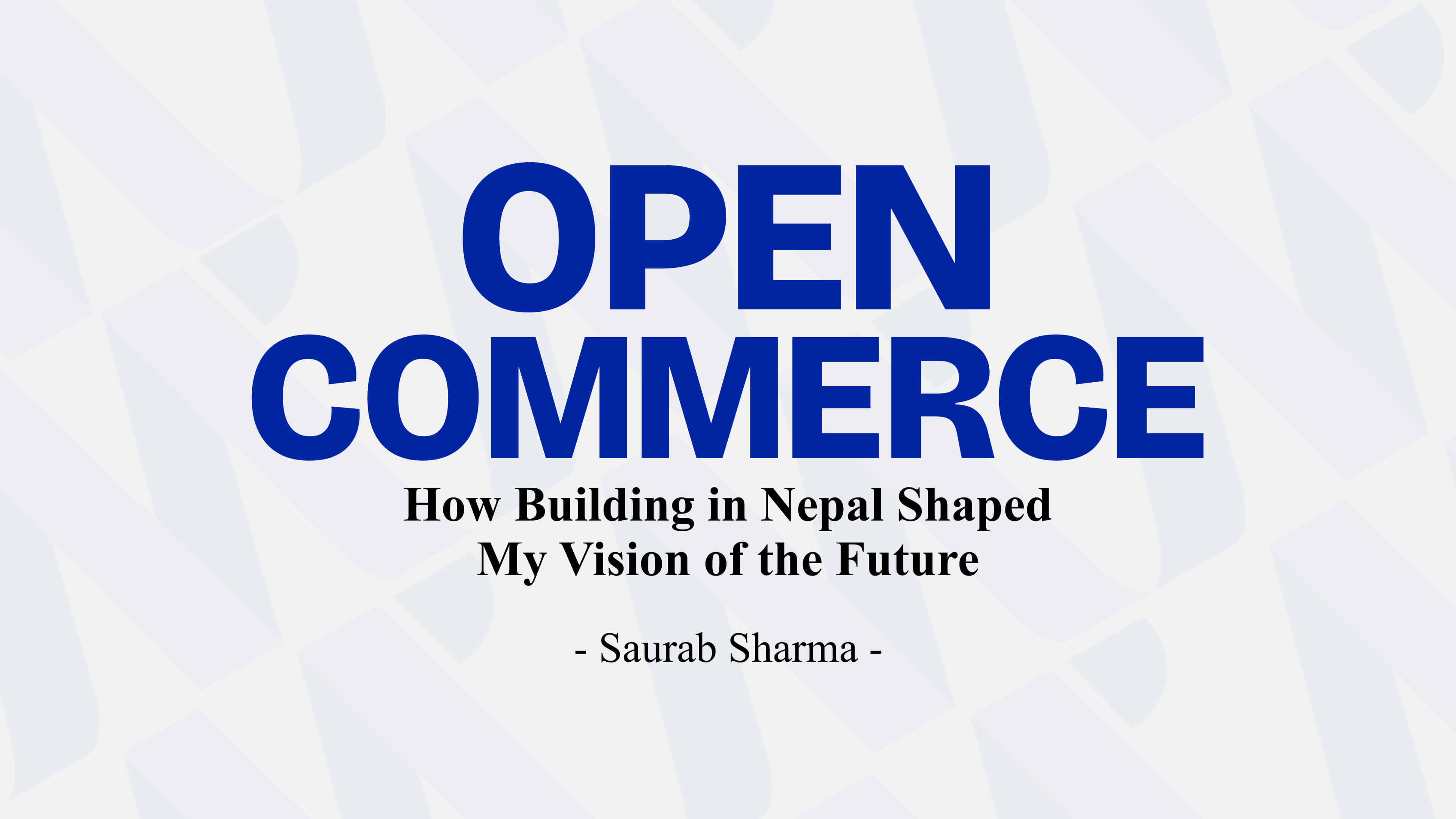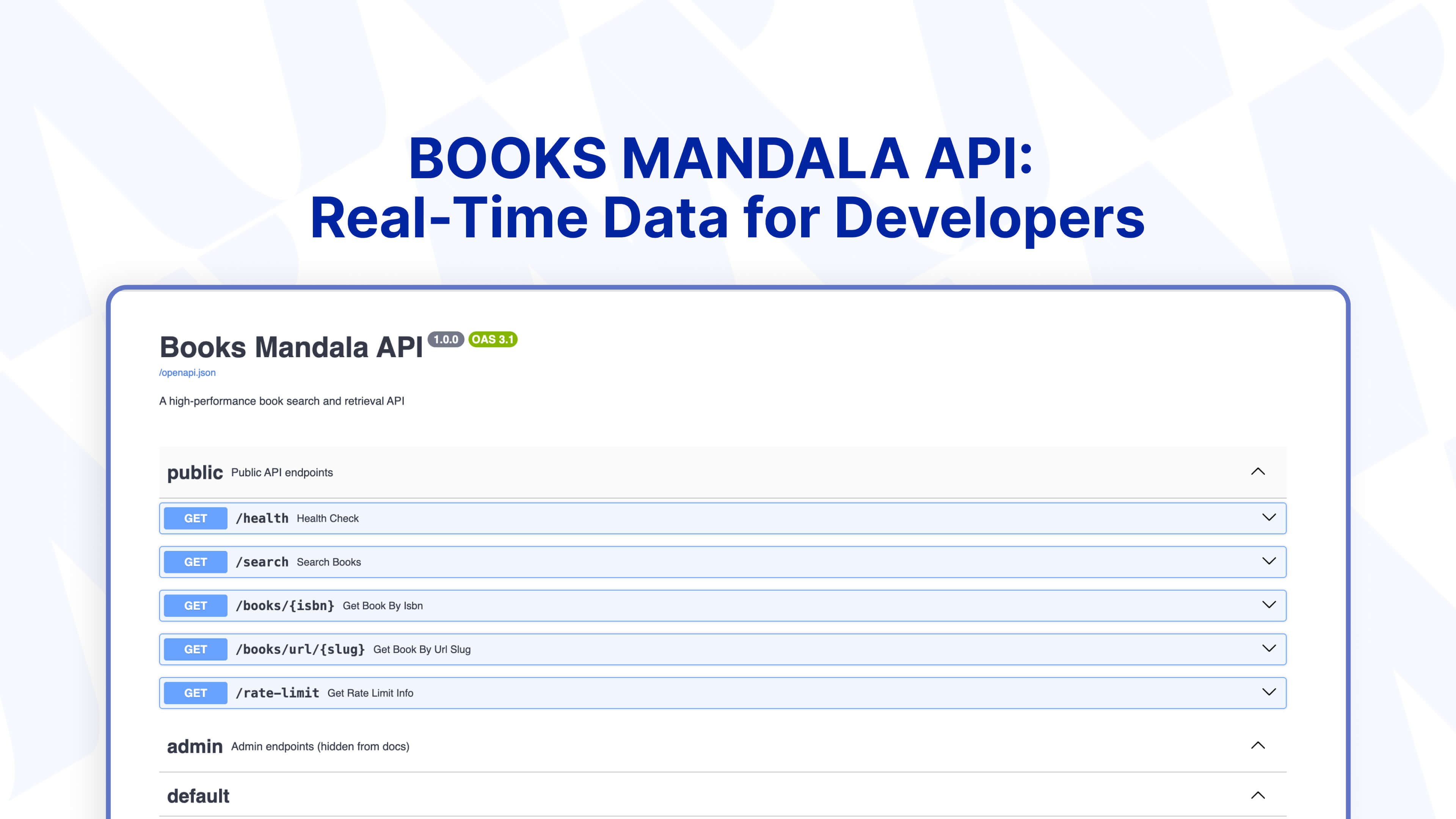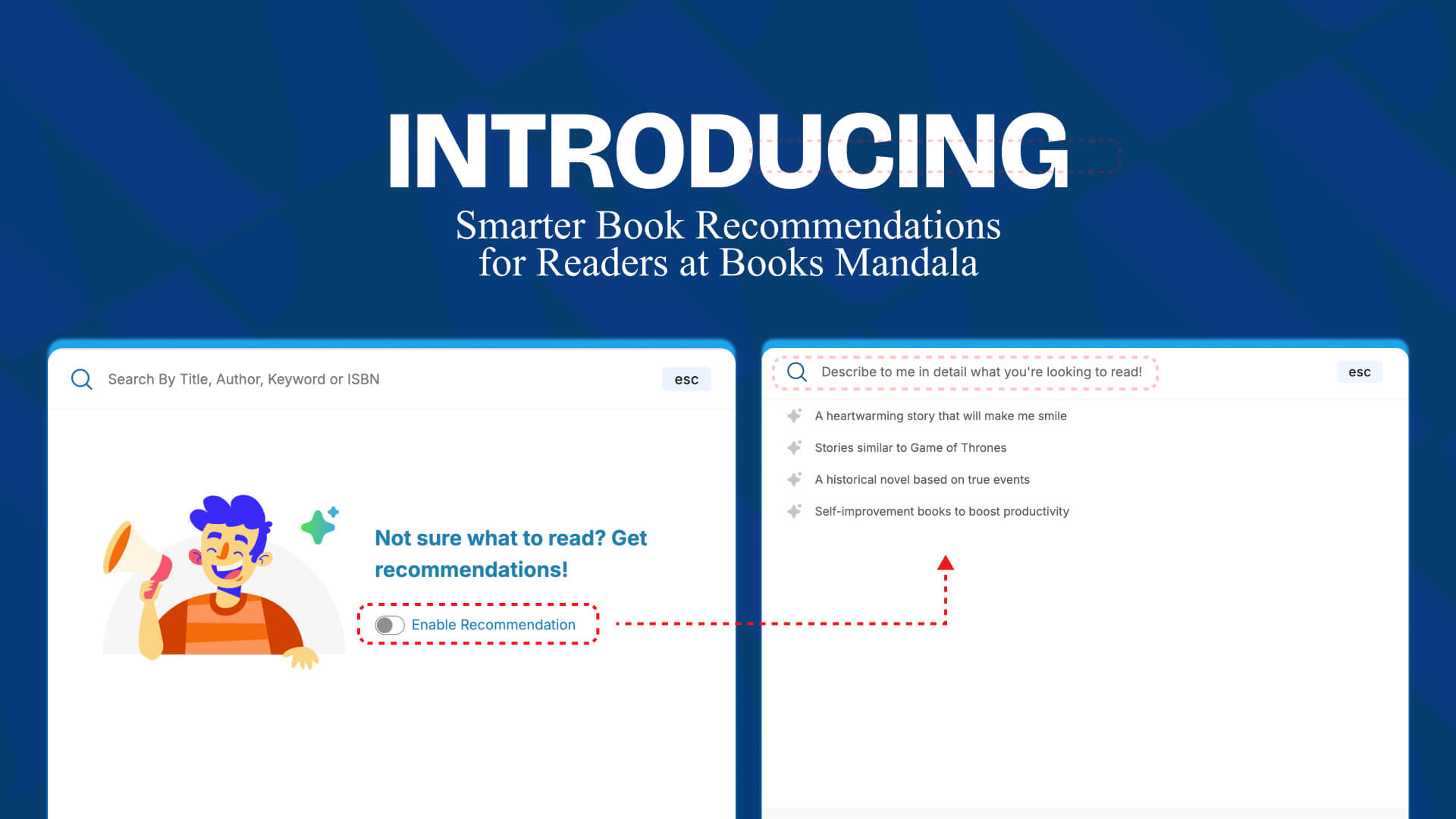
The Case for Open Commerce: How Building in Nepal Shaped My Vision of the Future
When we started Books Mandala’s e-commerce efforts through Instagram in 2017, Nepal’s landscape was raw and fragmented. Deliveries were uncertain, online payments barely worked, and trust in online shopping was almost nonexistent. People weren’t sure if their orders would arrive or if the books would even be genuine.
Yet we persisted. We posted pictures of books online, answered every message, delivered one order at a time, and built trust the old-fashioned way: consistency and care.
What began as a small #bookstagram account grew into one of Nepal’s most loved online bookstores. But more importantly, it became a living experiment in how commerce can evolve even in imperfect conditions.
Building Around Imperfections
In those early years, we had to work around gaps in infrastructure. There was no unified delivery system, so we stitched together local couriers and often delivered ourselves for local area orders. Payment gateways were limited, so manual bank transfers and cash-on-delivery kept things alive.
The hardest part was trust. Many people still preferred to see and touch a book before paying for it. We learned that trust is the true currency of commerce. Technology can speed things up, but only human consistency can build confidence.
The Silent Revolution in Nepal
While we were experimenting, the country itself was transforming. Smartphones became affordable, mobile data exploded, and social media platforms became marketplaces and platforms like Facebook and Instagram suddenly became marketplaces. People began scrolling, discovering, and buying in ways that would have seemed unlikely just a few years before.
Then came the pandemic, and everything changed. For the first time, online shopping in Nepal became a necessity rather than a luxury. People who had never ordered online had no choice but to try it. And once they experienced the convenience and reliability, many of those habits stuck. What had once been a cautious experiment for both businesses and customers became a normal way of life.
Open Commerce : A Optimistic Take on How I Think E Commerce will evolve
For as long as I can remember, buying and selling has been more than just a transaction. For example: In Nepal, you don’t just buy vegetables, you greet the seller, you ask about their day, you share a laugh, you trust them to pick the ripest tomatoes. Commerce is a human ritual. But somewhere in the shift to digital, that ritual has become mechanical. You scroll endlessly, fill out forms, compare prices on ten different tabs, track deliveries through broken systems. It feels like work, when it should feel like connection.
When we started Books Mandala, we faced this reality every day. Readers wanted to trust us, but the tools weren’t built for trust. Payments needed a manual verification. Deliveries were stitched together with phone calls and guesswork. People were excited about books, but exhausted by the process of buying them. And I kept asking myself: why should something as simple and joyful as finding your next book feel so difficult?
That’s where the idea of open commerce starts for me. Not as a piece of jargon, but as a thought experiment: what if buying something online felt as natural as having a conversation? Not locked inside one app, not buried under ads, not controlled by whoever pays the most for your attention. Just… open.
Imagine a young reader in Pokhara searching for their next novel. Instead of wading through product listings, their AI assistant could understand their taste, check stock at a trusted local bookstore, verify authenticity, compare prices, and complete the order in the background. What changes is not just speed, it’s dignity. The reader feels seen and included.
That, to me is the heart of open commerce. It is not only about efficiency, it is about participation. It means that someone who cannot navigate English interfaces, or who struggles with complicated apps, or who does not own the latest phone, can still access the same opportunities as anyone else. With the advancement of AI, technology becomes a great equalizer. It also means small businesses finally get a fair chance to compete, not because they outspend others on advertising, but because they stand on the strength of their trust, their authenticity, and their unique value. Commerce stops being a game of extraction and begins to feel more reciprocal, more human.
In this vision, power shifts back to the user. AI agents are not swayed by ads or algorithms designed to maximize clicks. They work by indexing the internet on behalf of the person, searching for what best serves their real needs. Instead of scrolling through endless promotions and opening multiple tabs to compare prices, people can simply ask and receive honest, context-aware answers.
The outcome is not just easier shopping. It is more time, more freedom, more space for people to devote themselves to creative and fulfilling pursuits; the things that actually make life rich.
The question I keep returning to is simple: if technology is supposed to serve people, why does buying a book still feel harder than talking to a friend? Open commerce is my answer to that question. Not by centralizing more power into one “super app,” but by opening the rails so that everyone; readers, authors, booksellers, developers, can take part fairly.
Normally, the penetration of technology and its implications: e-commerce in this case, look very different when you compare the global west to the global east. Nepal, in many ways, has existed in its own silo, often late to technological trends. Globalization has sped things up, and the rate of change here is rising quickly.
A simple but funny example: in Nepal, even today, most e-commerce businesses will recognize this pattern. You spend hundreds of thousands of rupees building a website, integrating payment gateways, and setting up a checkout flow. And then customers still go to your Instagram posts and comment, “price?” or “can I order this here?” instead of placing the order directly on the site. Many will even DM you to place manual orders, or send a screenshot of the product page where the price is clearly displayed and ask, “how much is this?”
This is the gap that open commerce and AI agents can bridge. With AI-first flows, even the most unsophisticated user who has no interest in navigating a checkout page could complete a purchase simply by conversing with their AI agent- in Nepali, in plain language. “Find me this book. Pay for it. Deliver it to my home.” No friction, no UI struggles, no hoops.
That is the step change we are working toward. It feels natural and intuitive, and it shifts the focus back to what truly matters: making commerce easy for the customer.
This isn’t just the future I want for Books Mandala. It is the future I want for anyone who believes commerce should feel human again.
TL;DR: Envisioning a future where AI agents remove friction from shopping, making it more inclusive and efficient for everyone.
When systems are closed, choice disappears. We have all seen it happen in different industries: a handful of platforms consolidate power, set the rules, raise fees, and quietly decide what people can or cannot access. The outcome is predictable; higher costs for customers, shrinking margins for small businesses, and less room for innovation.
In commerce, this often shows up as friction by design. The endless forms you fill out, the ads that dominate your screen, the hidden fees at checkout, these are not glitches, they are features of closed ecosystems. They are built to extract value, not to invite participation.
Open commerce asks us to imagine a different path. One where AI systems do not lock you into a single app or platform, but instead move freely across the web to serve your best interests. One where your preferences belong to you, loyalty travels with you, and recommendations are not designed to serve an advertising algorithm but to actually serve you.
This is not just about efficiency. It is about agency. It is about keeping choices in the hands of the user, and about creating a market where businesses earn trust instead of walling people in.
Building Towards an Open Future
At Mandala Tech, we are trying to optimize for the future we believe is coming, and that vision is clear to us. We see a world where commerce is open, where user-level friction is abstracted away, and where AI-first flows become the default way people interact with markets. That is the future we are building toward.
Books Mandala has been both our testbed and our proof of concept. It taught us what it takes to build trust without reliable infrastructure, how to serve readers in multiple languages, and how to stay close to people even when the systems around us fall short. It also showed us why the next step must be opening up our systems, so that AI agents and other builders can begin to participate directly in the ecosystem we are shaping.
This is why we have launched our open APIs as a deliberate first step toward the future we are working to build. They are available for builders to tinker with, and for AI agents to retrieve data from without validation. This is not a side project. It is part of our ethos. We believe the future of e-commerce, in Nepal and beyond, depends on making these building blocks accessible so that innovation can spread beyond any single company.
We are also preparing to share the Books Mandala MCP so that other builders can leverage it to design agentic flows. Our intention is to work closely with payment providers, logistics companies, and other stakeholders to develop a stack that reflects the future we are headed toward. This stack should not only benefit us, but the entire ecosystem. It should empower the next generation of builders, entrepreneurs, and enthusiasts in Nepal who are imagining new ways to create, sell, and serve.
This is what open commerce means to us: not closed systems where value is captured by the few, but open rails that grow the pie for everyone.
A Closing Reflection
Like I mentioned earlier, commerce has always been one of humanity’s oldest rituals. But as it moves deeper online, we are faced with a question that is bigger than technology: what kind of systems do we want to build?
Will commerce be guided only by efficiency and profit, or can it be shaped around trust, accessibility, and openness? Can we imagine a future where AI and automation reduce friction without reducing choice? Where technology doesn’t lock people in, but opens doors wider for everyone; readers, creators, small businesses, and communities alike?
At Books Mandala and Mandala Tech, we have only just begun to experiment with these questions. Our work has never been only about selling books or writing software. It has been about testing, in small but meaningful ways, whether commerce can feel more human, more transparent, and more inclusive.
I don’t claim to have the answers. But I believe the answers will come from conversation, and from collaboration. So I want to leave you with this: what do you think the future of commerce should look like?
If you are a reader, a builder, an entrepreneur, or a potential partner who has been thinking along similar lines, I would love to hear from you. Let’s explore how we can create systems that do not just benefit one company or another, but serve as a public good. Systems that make e-commerce in Nepal easier, more accessible, and closer to the utopian dream of open commerce that I hold on to.
I would love your thoughts, your reflections, and your collaboration.
Together, we can build something better, not just for ourselves, but for everyone.



